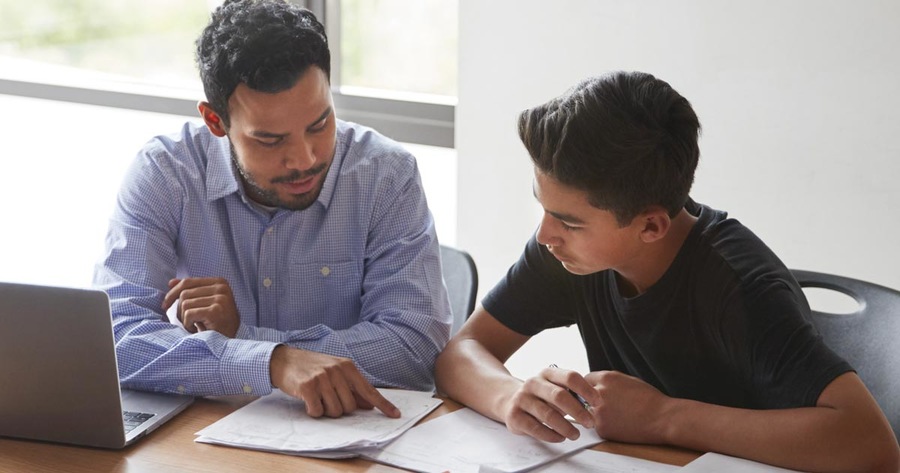The prophetic words of this proverb are carried with many, as a daily reminder of their "Why." This includes me: why I am a public servant, why I love afterschool and, most important, why I love our youth.
Understanding and properly supporting the development of the whole child is critical. Per research conducted by the SoLD Alliance, the science says every child has potential through "mastery of key knowledge and skills"—while fostering the malleability of a child's brain and potential through positive and impactful "well-designed approaches."
That is the beauty of afterschool: the ability to create and tailor programs to meet the needs of students during this important time in their lives. If there's exposure to anxiety, depression, disengagement, aggression and bullying, to name a few—with these things affecting their ability to learn—most times there is an outside influence causing it.
Afterschool is powerful. Afterschool is important for young people, because if we don't address these underlying issues, their access to success is limited.
My passion for supporting afterschool comes from knowing that building supportive relationships between staff and young people evolves from understanding their individual and collective needs—academic and nonacademic. I was drawn to educational psychology via this important space.
As I prepare to present at the Ohio Afterschool Network's Best Foot Forward Conference, I can't help but reflect on my journey to understand and appreciate ...
May 2012: I was raising money via a car wash for the Leukemia and Lymphoma Society's Team in Training Program, at a gas station in Cleveland Heights, Ohio. My sorority sister, who worked for a local afterschool program, offered to have some of her students come and help—as long as I could sign off on their volunteer hours. I happily agreed. What transpired was a day of meaningful conversations about school and life, while washing cars for cancer research; I was a four-year cancer-survivor, at the time. In engaging those students on their interests and long-term goals, I found myself wanting to be more involved. After meeting the organization's CEO and other staff later that month, I knew that life as I knew it would change.
I later applied for an open high school program coach position at that organization and in 2013 I officially became an educator—being lovingly wrapped in the power and impact of afterschool!
During that first year of direct service, I quickly realized additional knowledge and supports were needed outside of the quality professional development offered. As student-staff relationships were being built, noticeably present were students struggling academically—due to mainly environmental barriers.
According to Paul Tough in his article "How Kids Learn Resilience," when students spend a certain amount of time around an adult-teacher, their behavior can change. If the experience is positive, they can come into experiencing the concepts of "belonging, connection, ability and opportunity"—impacting their psychology and overall behavior. Because of regular positive interactions with my students, I found myself wanting to know more about "how" to get them to that positive place.
In a search for the perfect master's degree program, I connected with the University of Missouri–Columbia's online Master of Education in Educational Psychology. It provided all the tools needed to be successful in supporting student needs.
I left direct youth service in July 2016, to begin a new career as a public servant. Supporting 21st CCLC-funded programs across Ohio—cultivating shared experiences with program staff serving the same type of students I did—has been an honor. This common experience creates a trust factor, because staff know the professional development our team offers comes from a place of experience and knowing.
My journey, like many, revolves around being part of a village, working toward achieving an important goal. Supporting the growth and development of a child or young adult into their best and highest self has been an experience I wouldn't change for the world. And I am a better person and professional because of it.
Charmaine J. Davis-Bey, M.Ed., EdPsyc, NAA Executive member, is the 21st CCLC Education Program Specialist, Office of Improvement and Innovation, for the Ohio Department of Education.
This article originally appeared in the Spring 2020 issue of AfterSchool Today.

